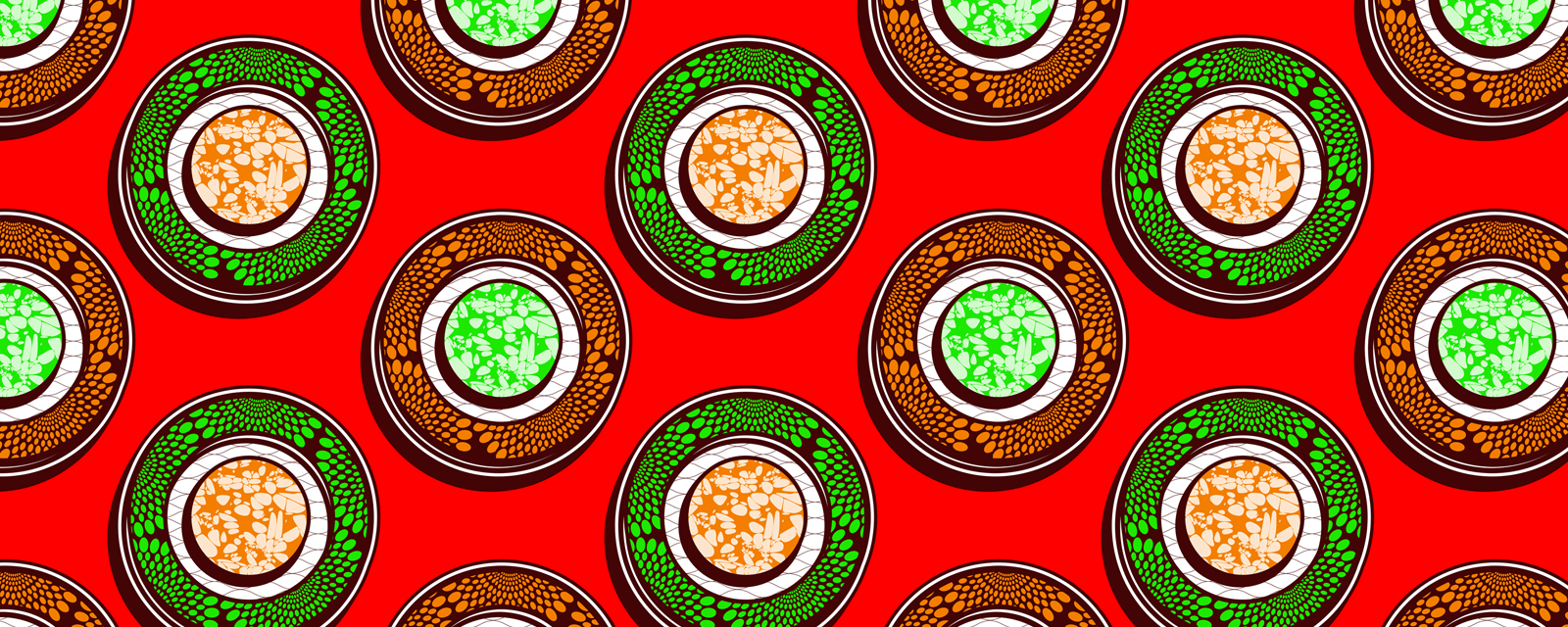Poetic justice. this neat phrase, once used to describe the Chopi musicians of southern Mozambique, refers to the rule in many African societies that allows poets an unusual freedom of speech. Sons may criticise their fathers, wives their husbands, workers their employers, and everybody the chiefs or officials who rule them, so long as it is done through poetry or song. It is a freedom which the rulers of some independent African States have found embarrassing and unacceptable.
This explains the tremendous vitality of African satire. Any of the usual forms — the Praise-Poem, the work song, the dance song, even the dirge may be adapted for satirical purposes. The examples in this section may be roughly divided into two types. Those about individuals are, in the main, good-humoured. They deal with people whose behaviour deserves comment, but they are usually quite clear about what is wrong and how the faults may be corrected. The satire on the man who refuses to share his yam at a time of famine, or on the wife who refuses to feed the visitor, is expressed in complete confidence that everybody knows how such people ought to behave.
The protest songs, however, are more ambiguous. The very first song, The Tali government is oppressive describes very precisely what the colonial regime demands of its subject people, and it ends close to despair. Most of the protests over colonial rule which follow, and especially those over taxation and labour policies, carry the implication that a return to self-rule would be preferable, and the songs of the Nationalist struggle are optimistic about the future. But the final poems of this section (Who Knows What the Government is Pregnant With? and If We Should All Die, Who Then Will You Govern?), attacking the corruption and brutality which have all too often followed upon ‘flag’ independence, show how satire has been adapted and extended to comment in the broadest possible terms on the plight of modern Africa. These poems have a relevance beyond the immediate countries to which they refer, demonstrating yet again the relevance and adaptability of Africa’s indigenous literary forms.

